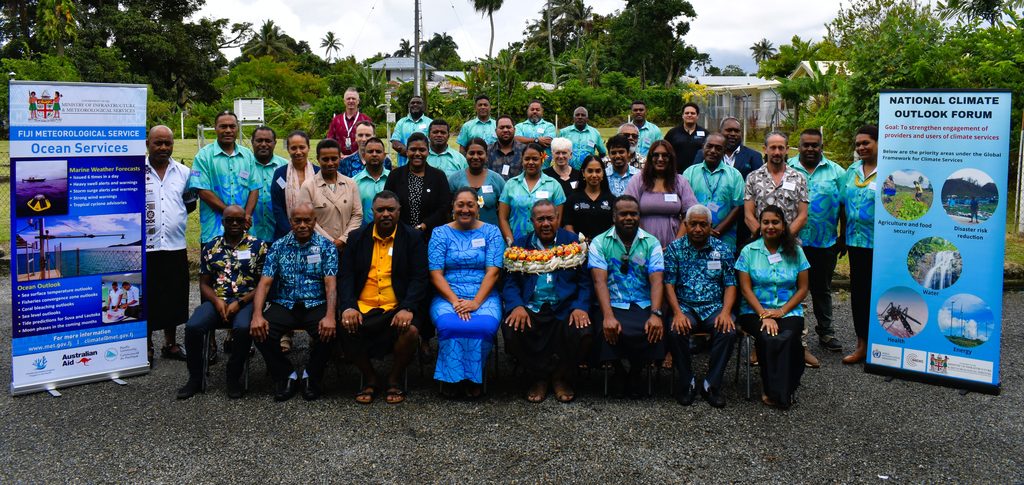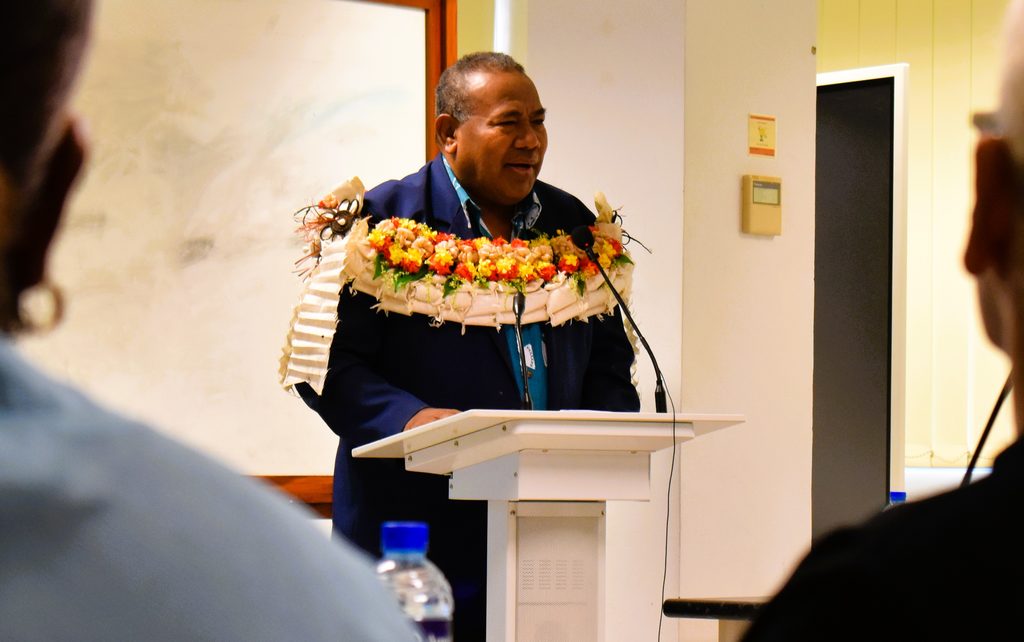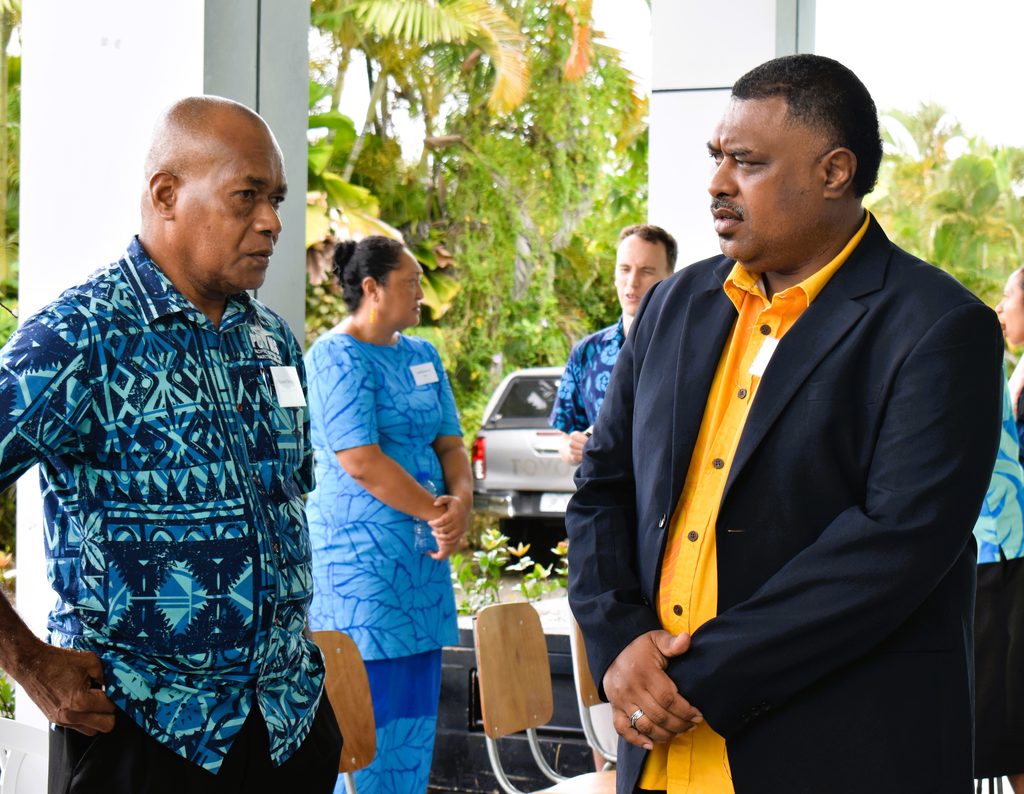Traditional knowledge and indigenous systems of reading the natural world were placed firmly in the spotlight at the 8th National Climate Outlook Forum this week, with participants emphasising their enduring relevance in a rapidly changing climate.
Permanent Secretary for Public Works, Transport and Meteorological Services, Paula Baleilevuka, drew on his years as a civil engineer working across the Pacific to highlight how communities have long relied on observations of nature to prepare for disasters.
He recalled witnessing the devastation caused by cyclones and floods in the Solomon Islands and Papua New Guinea, but also noted how elders in affected villages had detected early warning signs through shifts in animal behaviour, the sea, and the skies.
“In every disaster, we count the economic cost,” he told participants.
“But we will never be able to put a dollar value to a life lost. Preparedness is key. These natural warning indicators, many of which are understood through traditional knowledge, remain essential for staying alert to changes in weather and climate.”
Captain Kinivuwai Nacagilevu echoed the message, in an exclusive interview with The Sunday Times, basing his remarks in biblical reflection.
Referencing Genesis 1:1, he said the natural world was created not only to sustain humans, but to guide them.
“The animals, birds, fish, trees, stars, they are all meant to be living signs,” he said.
“They remind us that traditional knowledge is not outdated. It is part of how we were meant to understand the environment.”
For experienced seafarer and maritime lecturer Captain Mikaele Labalaba, the relationship between science and indigenous wisdom is not theoretical, it is practical and lifesaving.
He said that life at sea is dictated by the weather, and he has long relied on both meteorological training and traditional navigational clues.
“It works. There is no failure in there,” he said of traditional knowledge.
“When you combine what you learn in school with what you learn from your elders, they complement each other. They control each other.”
Captain Labalaba suggested that traditional weather knowledge should eventually be integrated into formal school curricula, noting that discussions had already begun within maritime training circles.
As he reflected on his colourful career, he shared one of his most vivid memories, surviving two cyclones at sea.
He described the pressure of keeping his crew, vessel, and cargo safe in violent winds and towering swells.
“I had to stay firm,” he said.
“If I panicked, I could lose my crew. So I kept manoeuvring the ship on the swells until we reached safe haven. Getting through those two cyclones, that is something I will never forget.”
Speakers and presenters from the Fiji Meteorological Services also underscored that while scientific forecasting continues to advance, the traditional knowledge passed down through generations remains an invaluable resource.
With the region becoming ever more vulnerable to climate extremes, the Pacific’s ancestral wisdom holds some of the most reliable tools for survival.
National Climate Outlook Forums (NCOFs) are a WMO (World Meteorological Organisation) initiative to enable countries to realize the benefits of climate information services.
Climate services involve generating and making available to users a set of historical, real-time and prospective information products concerning climate variability and change along with information about their impacts.
Delivery of these services has to be accompanied by assistance in their interpretation and in identifying a sensible set of decision options through a participatory process, while enabling mutual feedback so that ways of improving services can be identified on an on-going basis.

Participants and speakers of the 8th National Climate Outlook Forum pose for a group photo with chief guest, Mr Paula Baleilevuka, Permanent Secretary for Public Works, Transport, and Meteorological Services. Picture: ALIFERETI SAKIASI

Permanent Secretary for Public Works, Transport, and Meteorological Services, Paula Baleilevuka addresses participants during the 8th National Climate Outlook Forum held in Suva earlier this week. Picture: ALIFERETI SAKIASI



